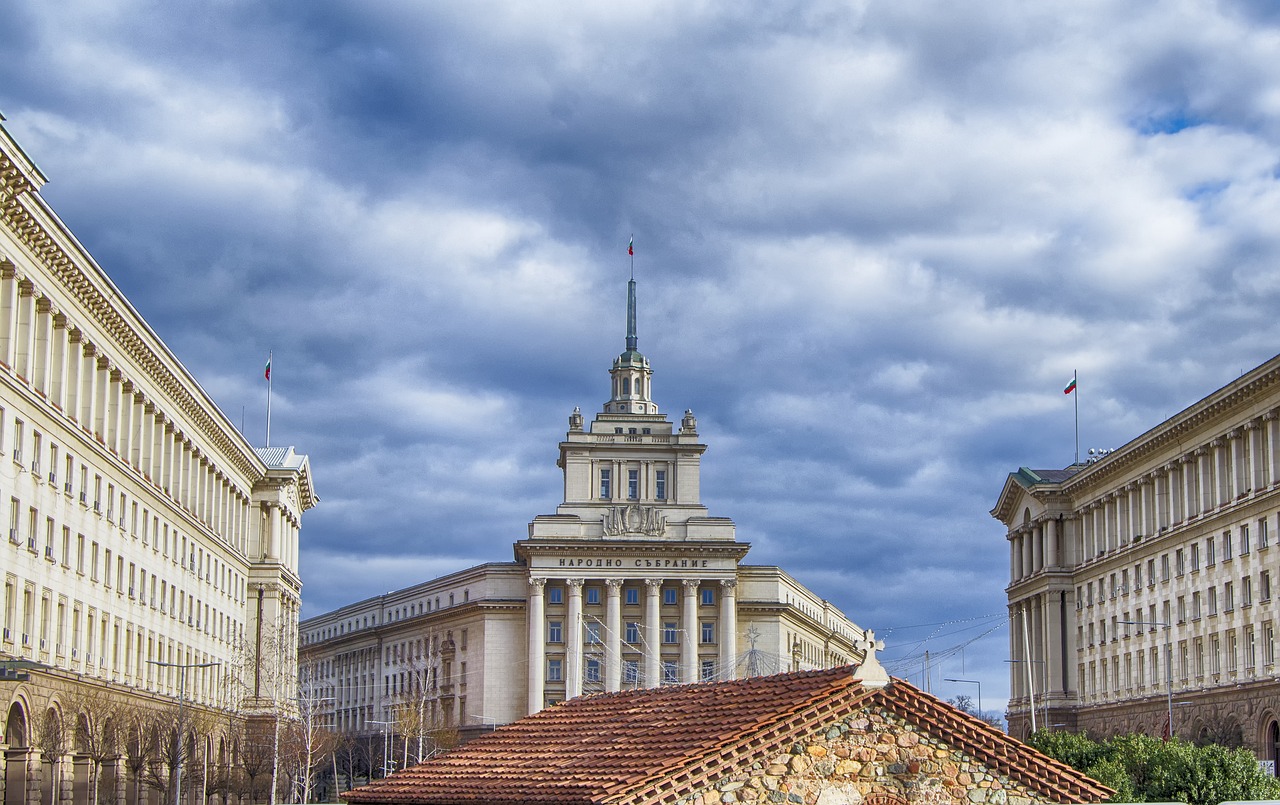VIENNA – New parties with reformist ambitions, such as We Continue the Change, should seek European legitimization by joining European political families, recommends Policy Brief “Citizens vs. Elites: Symbolic Battles Over the Uses of Political Crises in Bulgaria”, published within the WB2EU Network.
Anna Krasteva, the author of the Policy Brief and Professor of Political Science at CERMES, recommends that protest parties, which are stronger in opposition, should also learn to govern in order to be able to translate protesting citizens’ expectations into policies.
“Active citizens should regularly, and not only, through protests and elections, control elites by diversifying the forms of accountability of elites’ responses to the various crises”, the author recommends.
The Policy Brief analyses the symbolic battles between elites and citizens for framing and dominating political crises. Krasteva analyses four crises in Bulgaria from 1997 until today.
“The financial and political crisis of 1997 is the only one that reformist elites and citizens together managed to turn into transformative change. The migration crisis of 2015–2016 consolidated the mainstreaming of populism. The protests of 2020 expressed the maturity of civic activism against oligarchisation and state capture. The 2021–2023 political crisis created by the elites has been virtuously used by them for their own benefit to whitewash their image from purveyor of corruption to guarantor of stability”, states Policy Brief.
According to the author, the examination of Bulgaria’s notable crises reveals non-linearity in the struggles between elites and citizens for symbolic dominance. While reformist elites turned certain crises into positive change catalysts, recent victories lean towards populist and post-communist groups.
Krasteva explains that presently, Bulgaria grapples with new protests due to severe domestic violence, exacerbated by inadequate institutional responses that shield aggressors. The widespread demonstrations across cities underscore citizens’ maturity in holding elites accountable and demanding swift, citizen-centric reforms. This “contestatory citizenship” serves as a defense against post-democratic institutions and inept leaders, who worsen crises instead of resolving them.
The author addresses the question: How do elites and citizens address, use, or lose political crises? The first part of the Policy Brief outlines the conceptual history of crisis from ‘the end of history’ to a mega-metaphor of contemporary society. The second examines four crisis in Bulgaria, while the conclusion maps the crises along the axes of democracy/post-democracy and civic activism/populist mobilizations.
According to Krasteva, from elections to elections, Bulgarian citizens can see political impasse, and the political impotence of the parliamentary elites to form a government and transform election results into government. She recalled that in the short period of two years, from 4 April to 2 April 2023, Bulgaria’s citizens were sent to the polls to vote in six elections: five snap general elections and one presidential election.
“In terms of party history, this period is extremely interesting; it saw the emergence of a new protest, mildly populist, party, There Is Such a People (ITN), which in a matter of months became the leading political force, only to plunge in the polls, drop out of one National Assembly, and re-enter the next one. No less dramatic was the fate of the newly founded party We Continue the Change, which was elected on the promise of radically fighting state capture. It managed to form a government but ruled the country for just six months between December 2021 and June 2022. The GERB (Citizens for European Development of Bulgaria) party, the personification of the status quo and state capture that was the target of the 2020 protests, lost some elections but managed to take the lead once again in the last elections”, Krasteva explains.
According to her, citizens are overwhelmed and exhausted by constant elections. One of the consequences of that is less energy for activism or mobilizing causes.
“The rise and fall of parties in record time will long be analyzed in political science publications. For the present analysis, the key question is: who is winning the symbolic battle for the use of this parliamentary, constitutional, and governance crisis? The key paradox is that those who are benefiting from this crisis, which has been entirely and solely created by the political elites, are precisely the political elites. Citizens are overwhelmed and exhausted by constant elections; there is no energy for activism or mobilizing causes”, Policy Brief states.
According to the author, the biggest winner is Bulgarian President Rumen Radev, who uses the result of the parliamentary crisis for consolidation of the power of the president, who is ruling the country through caretaker governments without any parliamentary controls and is using this enormous power to reorient Bulgaria’s geopolitical Euro-Atlantic orientation.
“Rumen Radev is not Viktor Orbán and Bulgaria is not Hungary, but the political crisis is escalating into a constitutional crisis as the country is moving from a parliamentary republic towards presidential rule”, Policy Brief states.
The Policy Brief is published in the framework of the WB2EU project. The project aims at the establishment of a network of renowned think-tanks, do-tanks, universities, higher education institutes and policy centres from the Western Balkans, neighbouring countries and EU member states that will be most decisive for the enlargement process and Europeanisation of the region in the upcoming years. The WB2EU project is co-funded by the European Commission under its Erasmus+ Jean Monnet programme.


